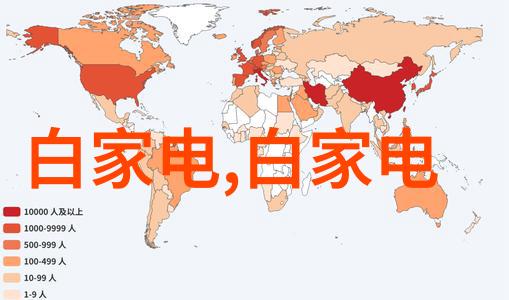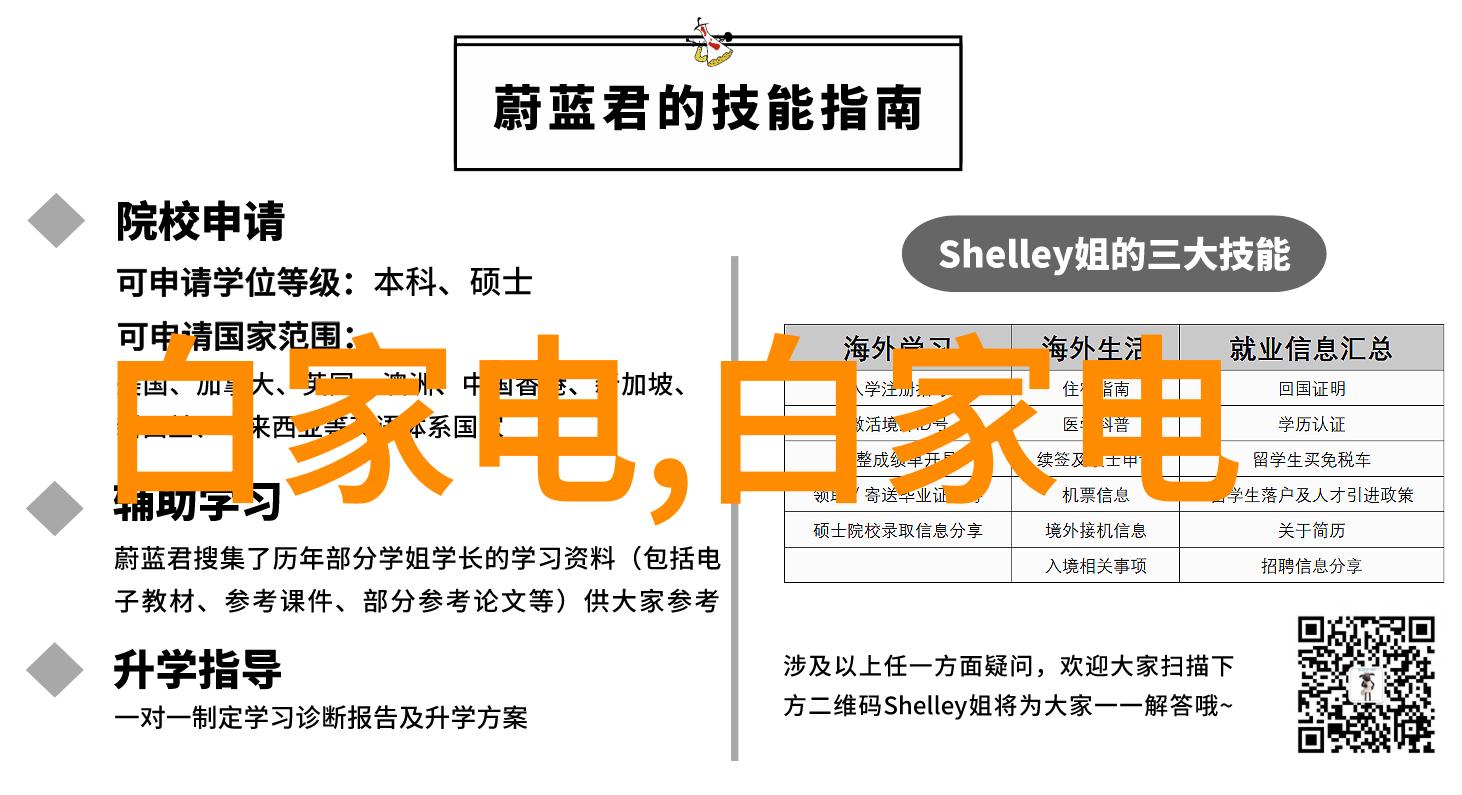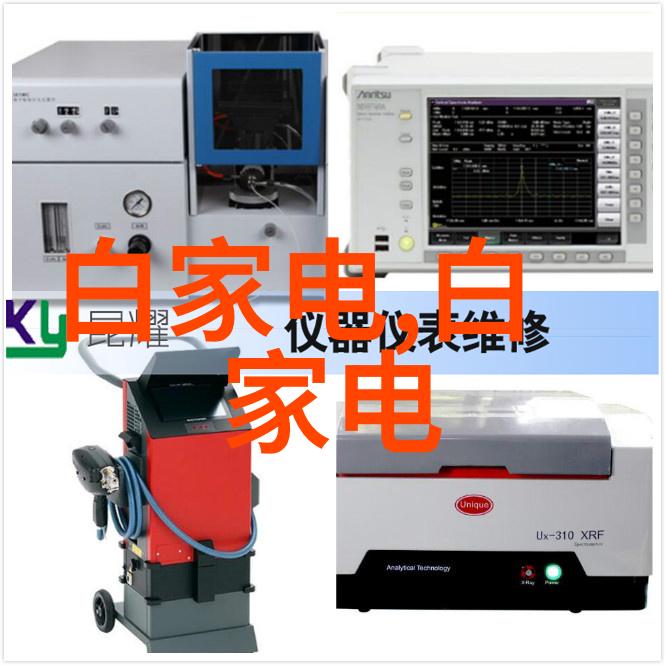云计算服务是否能够彻底改变传统硬件销售模式
随着科技的飞速发展,云计算技术已经成为数码电器行业动态中不可或缺的一部分。它不仅为企业提供了新的运营模式,也对传统的硬件销售方式产生了深远影响。本文将探讨云计算服务如何改变传统硬件销售模式,并分析其对数码电器行业动态所带来的变化。

首先,我们需要了解什么是云计算。简单来说,云计算是一种通过互联网提供的、可按需使用的、高效且灵活的信息处理服务。这意味着用户不再需要购买和维护大量物理设备,而是可以通过访问云提供商服务器来获取所需资源。这种转变使得企业在成本上获得了巨大节约,同时也提高了工作效率。
对于硬件制造商而言,这一变化意味着他们必须调整自己的生意策略。在过去,当消费者想要新设备时,他们通常会直接购买从制造商那里。而现在,由于更多的人选择使用基于云的服务,他们可能不会像以前那样频繁地更新或更换硬件。此外,随着软件即服务(SaaS)的兴起,人们开始更多地依赖订阅模型来获取应用程序,而不是一次性购买并安装到本地机器上。

然而,这并不意味着传统硬件销售将完全消失。相反,它们正在经历一种转型。在一些领域,比如高性能计算(HPC)、游戏和专业视频编辑等领域,对于最终用户来说拥有强大的本地处理能力仍然至关重要。不过,即使在这些情况下,一些公司也开始利用软体定义产品边界,即它们创建的是功能丰富但可能没有明显物理形态的产品,使得消费者难以区分哪些是“真实”的设备。
此外,还有一个现象值得注意,那就是“智能”或“连接”的设备变得越来越流行。这类设备,如智能家居系统中的灯泡、恒温器等,不再仅仅是一个执行特定任务的小工具,它们还能与其他物联网(IoT)设备交互,并与用户通过网络进行通信。这类产品虽然依旧需要某种形式的基础设施支持,但它们往往被视作更为灵活、易于升级和维护,而且价格相较于几年前降低了许多,因此仍然具有市场吸引力。

因此,在考虑到这些因素后,我们可以看到尽管cloud computing brings significant changes to the way we think about and interact with hardware, but it doesn't necessarily mean that traditional hard ware sales will disappear. Instead, they are evolving and adapting to the new landscape. For example, some companies are now offering subscription-based services for their products or devices, allowing users to access premium features without having to purchase a new device outright.
Another trend is the increasing importance of software-defined products. These are products that are designed primarily around software capabilities rather than physical hardware limitations. This allows manufacturers to create more flexible and scalable solutions that can be easily updated or modified as needed.

In conclusion, while cloud computing has undoubtedly changed the dynamics of the hardware market by providing greater flexibility and scalability options for consumers and businesses alike, it does not signal an end to traditional hardware sales altogether. Instead, these changes have led to a shift in how we perceive value in our interactions with technology – from solely relying on tangible assets like devices themselves towards a more holistic approach encompassing both software capabilities and infrastructure support.
As such, those who wish to succeed in this rapidly evolving landscape must remain agile enough to adapt their business models accordingly while still leveraging their existing strengths in terms of manufacturing quality control standards or product innovation etcetera.

This adaptation may include investing heavily in R&D efforts focused on developing cutting-edge technologies capable of integrating seamlessly into cloud-based systems; building partnerships with cloud service providers; diversifying product offerings based on consumer needs; as well as adopting data-driven strategies tailored specifically towards understanding shifting user preferences better over time.
By embracing these changes proactively through strategic planning & execution coupled with continuous monitoring & learning from market trends - companies within this space stand an excellent chance at remaining competitive even amidst such rapid technological transformations shaping our world today!






